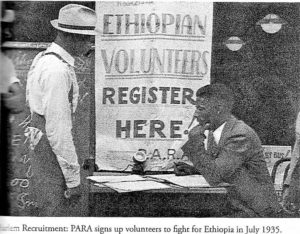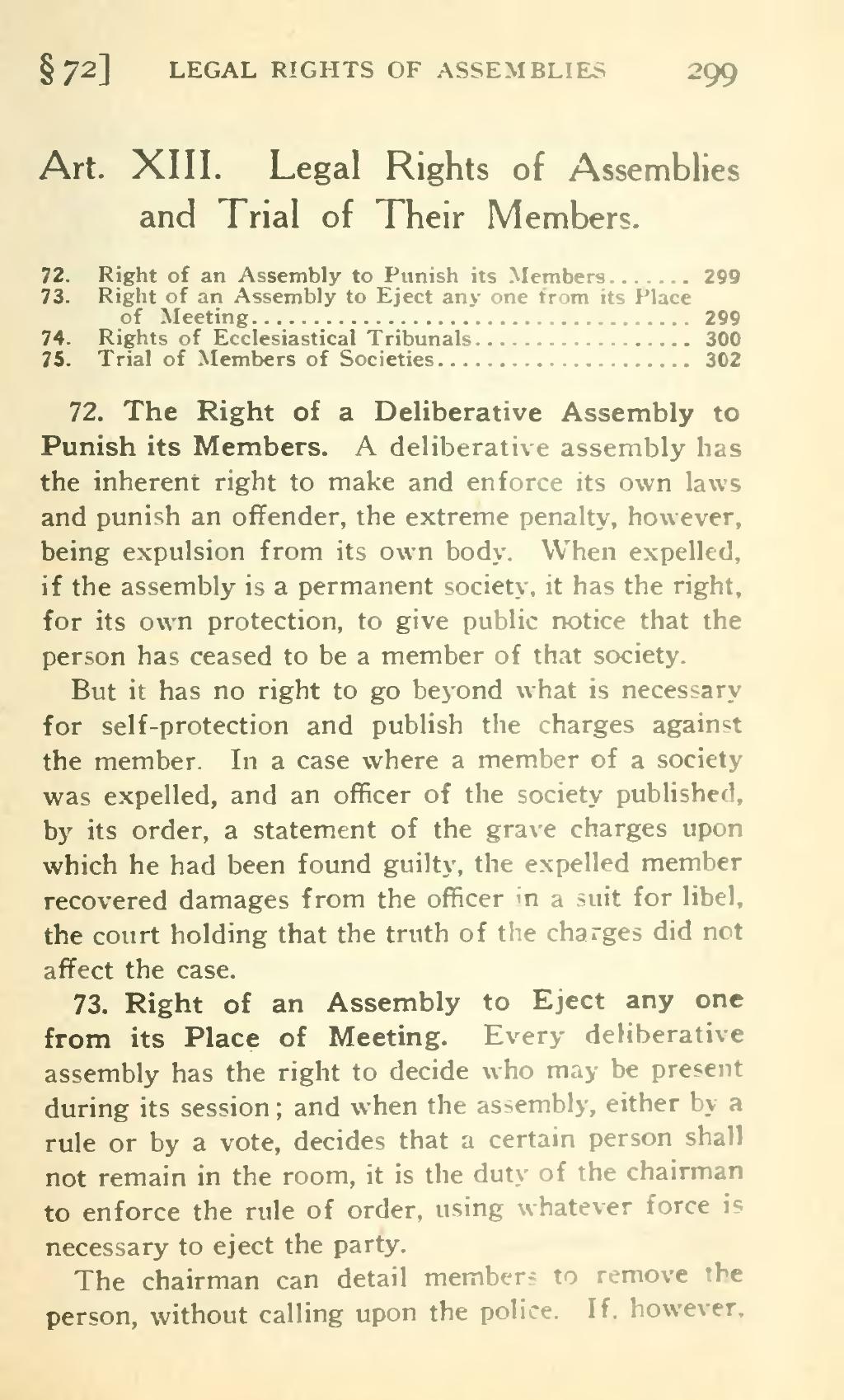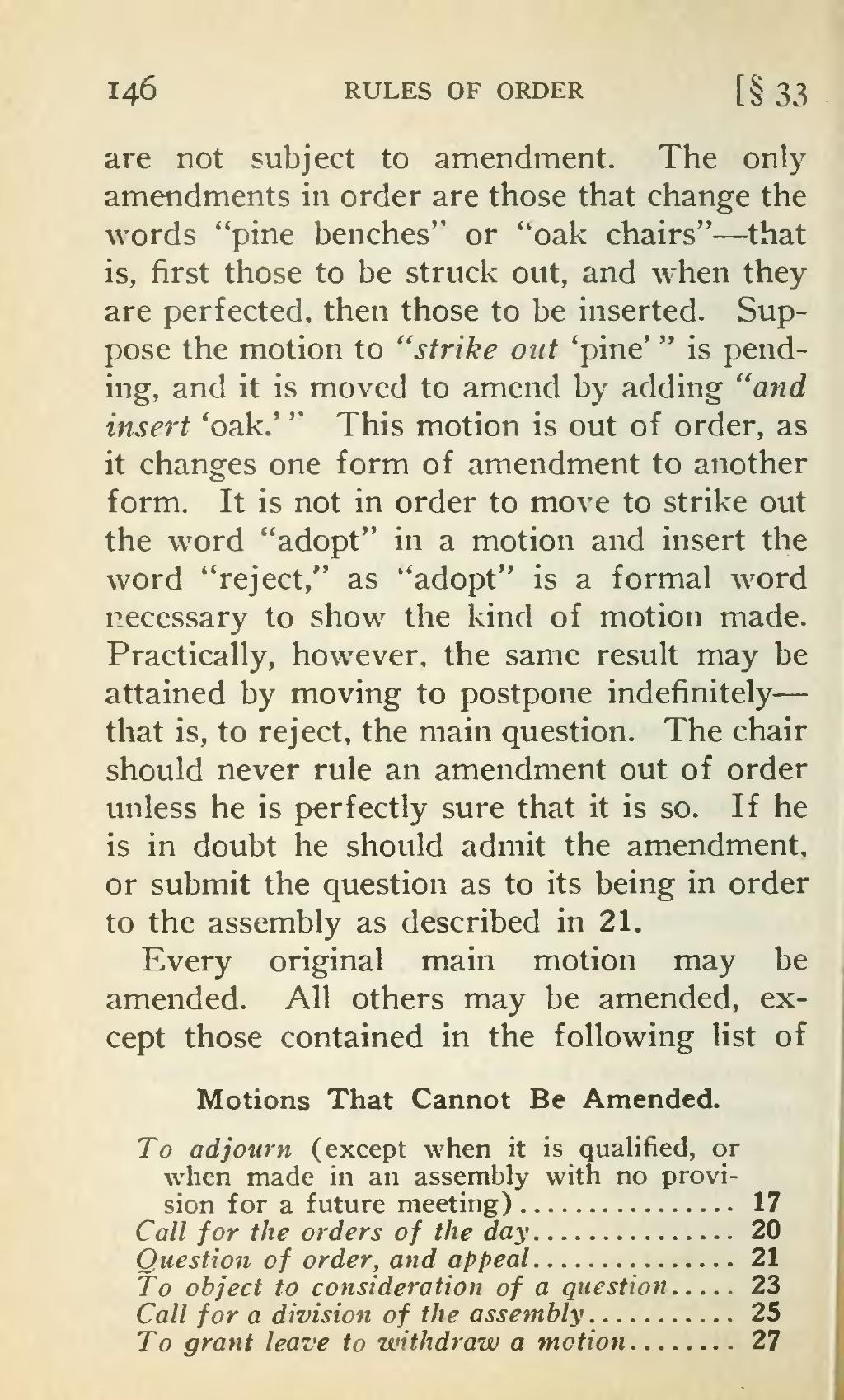A business that is moving into a new stage of development may need to share private information with other parties. M&A transactions are the most frequent example however this isn’t the only scenario where companies need to share business-critical information with outsiders. In many instances regulatory agencies, consultants, auditors, and accountants are required to look over confidential documents. Virtual data rooms enable this to happen safely and effectively.
When choosing a VDR to safeguard your confidential data, choose one with robust security features. For instance, the best ones offer 256-bit encryption both in transit and at rest, which means that even when hackers gain access to files, they are unable to read them. Administrators can also define expiration dates and regulate document-level permissions. They also allow for tracking the activity of users using detailed information such as IP address, date and time of logins.
A good VDR should include features that permit collaboration with third-party companies. This includes a Q&A feature that allows users to ask questions in a planned manner, rather than using unsecure channels of communication. It is also able to restrict printing and downloading of documents to ensure data security.
Another important aspect to take into consideration is two-factor authentication, which can help stop unauthorized access. Make sure that you can use two-factor authentication on your VDR lets you restrict access to folders, group roles, and document levels. Additionally, a great VDR will come with an annotation tool, so that you can write notes on a file and they won’t be viewable by others.








